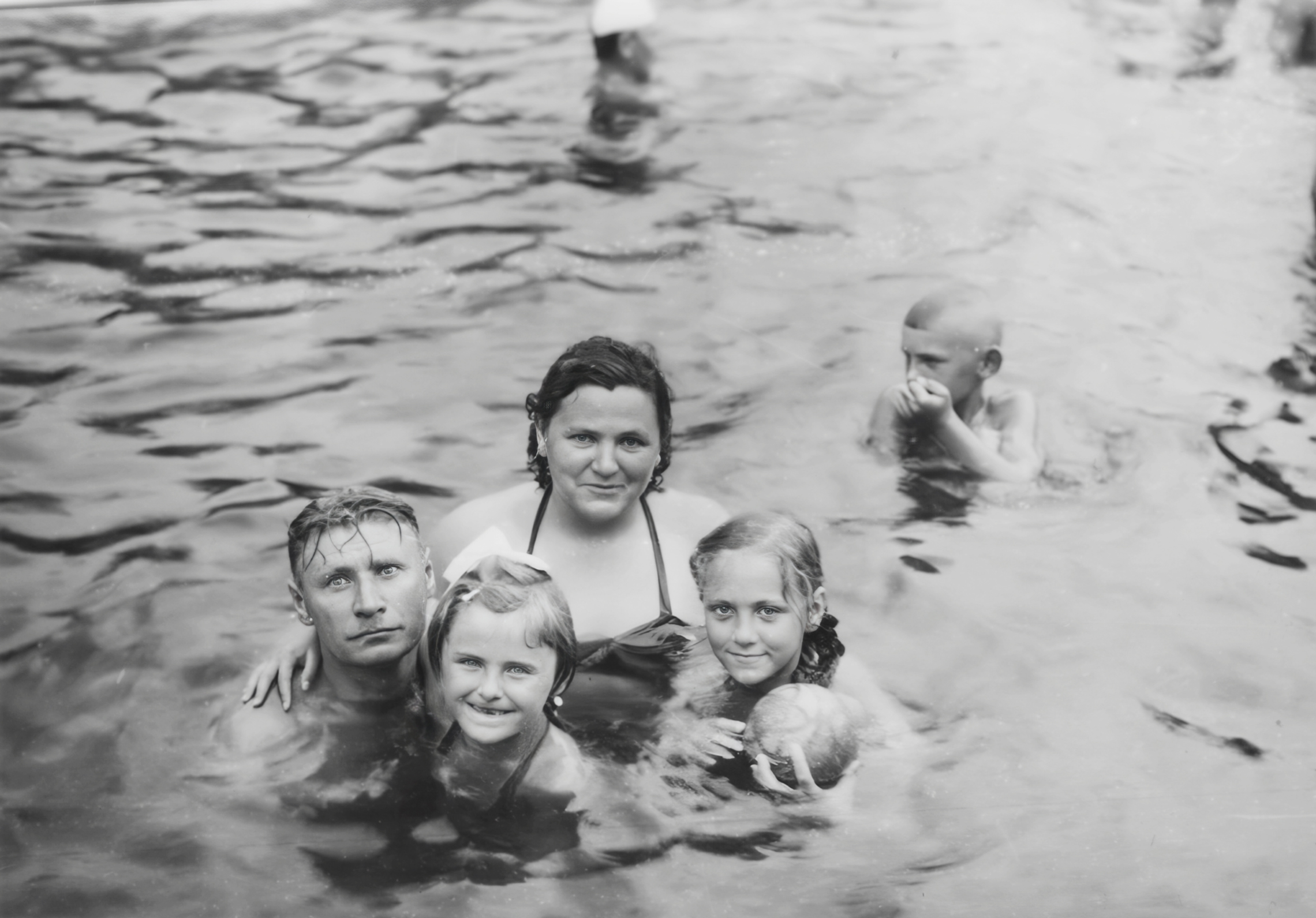Katalin Karikó: He was butcher. He worked in a butcher shop first. And he also went to homes during the winter, they had usually one pig, and they had to be processed because the people didn’t have refrigerators, so mostly they smoked meat to keep it, and they had one pig for the meat for the whole year. And so he processed. And he also in the war, like four years, he was cooking for hundreds of people. So he also went in the small town, when somebody had a wedding, then he, he cooked there for many people. And so he was often in the city. And he worked very hard.

He didn’t have the opportunity to get formal education. So he had six elementary and my mom had eight elementary. But my father, they were very intelligent people, so my father was playing on violin and different instruments. And he was – In the butcher shop, he could multiply two-digit number, two-digit number, and I was – When we had the calculator, I already later, I have him, by the time I punched in, he said, ‘Oh, the customer already left.’ And he was very kind. And he was always so enthusiastic. He was whistling and singing. Yeah, so it was a very, very happy life we had. And he knew so many things about history and things. Although, he didn’t have too much time to go to school because he had to work. And that was also my mom. She was – My mom passed away three years ago, but I mean she was, she had laptop, she was looking up everything on the internet, and she could watch TV, and setup the DVD to record the other channel. I didn’t even know what to push it, but she was also very talented technically.
